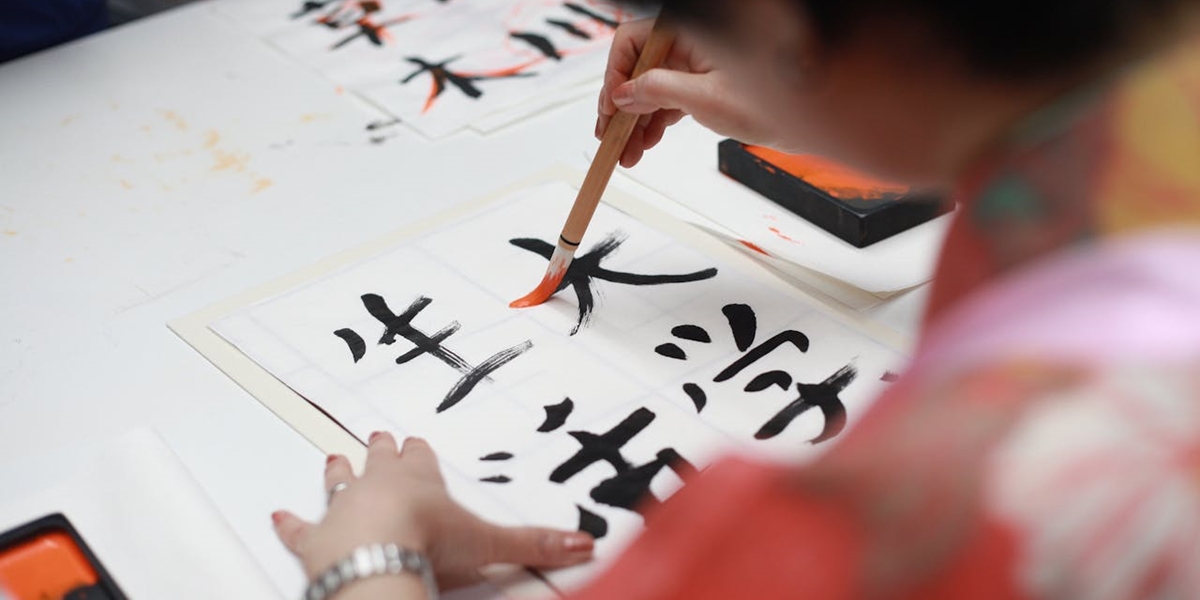Kapanlagi.com - The meaning of dame in Japanese is a negative form of "not". This word is often used to express prohibition or something that is not allowed. However, the meaning of the word dame in Japanese has differences with the meaning of the word shinaide and other words commonly used in daily life.
Now, to understand more deeply, let's take a look at the meaning of dame in Japanese and how to use it, as well as the differences with the word shinaide, and other words that are often used in the context of prohibition or things that are not allowed in daily conversations.
For those of you who are curious about the meaning of dame in Japanese and examples. Let's check it out, KLovers.
1. Meaning of Dame in Japanese

Illustration (credit: pexels.com)
The literal meaning of dame in Japanese is "not good" or "not correct". This term is often used to express prohibition, failure, or disagreement towards something.
For example, if someone tells you to do something dangerous or inappropriate, you might respond with "dame" to reject it, which means "not allowed" or "not good".
This term is commonly used in various contexts, ranging from everyday conversations to more formal situations. However, dame is not a word used in formal Japanese.
This term is more suitable for use in everyday situations or informal conversations. In formal or official contexts, Japanese people tend to use more polite and formal words.
An example of a more commonly used word in formal situations is "muri", which means "impossible" or "not possible". Therefore, you should understand the deeper meaning of dame itself.
2. What is the Difference Between Dame and Shinaide?

Illustration (credit: pexels.com)
The meaning of 'dame' in Japanese and 'shinaide' are two words in Japanese that have similar meanings but are used in different contexts. The main difference is that 'dame' indicates prohibition or disallowance, while 'shinaide' gives instructions not to do something.
To further understand the difference between 'dame' and 'shinaide' that you can use in a sentence, here are examples of the difference between 'dame' and 'shinaide' in Japanese:
1. Dame (This word is commonly used to indicate prohibition or rejection of something. For example, 'Kore wa dame desu' means 'This is not allowed'.)
- 'Kono heya de tabako o suu no wa dame desu.' (Smoking in this room is not allowed.)
- 'Ano resutoran wa kyou wa manseki dakara, iku no wa dame desu.' (The restaurant is full today, so going is not allowed.)
2. Shinaide (This word is used to give instructions to someone not to do something. For example, 'Kore o shinaide kudasai' means 'Don't do that'.)
- 'Michi o wataru mae ni sayuu o kakunin shite, kuruma o mite kara watatte kudasai. Please do not wake up the child. " (Before crossing the road, make sure you look left and right, and only cross after seeing the cars. Please do not cause an accident.)
- "Please do not open this door during a fire." (Tolong jangan membuka pintu ini saat terjadi kebakaran.)
3. Other Japanese Words with Similar Meanings

Illustration (credit: pexels.com)
In addition to the meaning of 'dame' in Japanese which is 'no', it turns out there are other negative sentences that have similar meanings but different nuances. Here are some words that you can use along with examples:
1. Iya or iya da
- "Iya, sore wa iya desu" (No, I don't like it.)
- "Iya da, kore wa kowareta." (Not good, this is broken.)
2. Sore wa muri desu
- "Sore wa muri desu, watashi ni wa dekimasen." (That's impossible, I can't do it.)
3. Yurusenai
- "Sono kodo wa yurusenai." (That action is unforgivable.)
4. Dekinai
- "Kore o ichinichi de yaru no wa dekinai." (It's impossible to finish it in one day.)
5. Haitte wa ikenai
- "Kono heya ni haitte wa ikenai." (You're not allowed to enter this room.)
6. Kekko desu
- "Mo jubun desu, arigato." (It's enough, thank you.)
That is the meaning of 'dame' in Japanese that you can understand. Hopefully, understanding the meaning of 'dame' in Japanese can help enrich your everyday Japanese vocabulary.
(kpl/dhm)
Disclaimer: This translation from Bahasa Indonesia to English has been generated by Artificial Intelligence.















